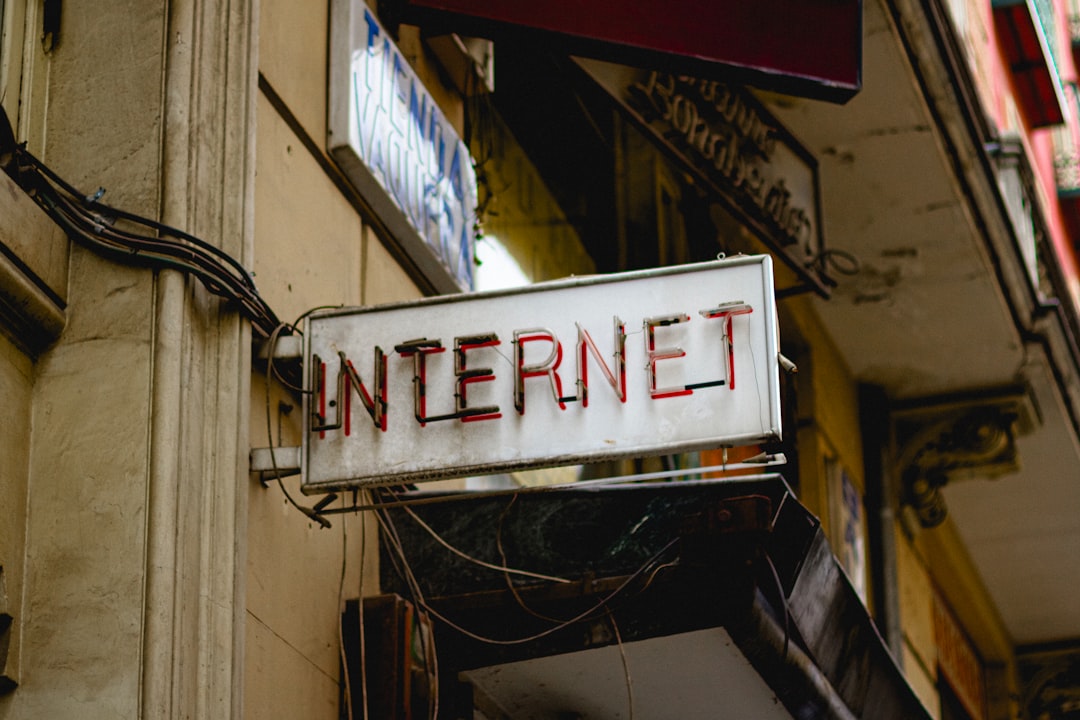Ever wonder what a proxy is? Don’t worry, you’re not alone! A proxy is basically a middleman between your device and the internet. It helps you browse the web anonymously, access blocked content, or even speed things up. But just because it sounds cool doesn’t mean there aren’t rules. Let’s explore the legal and ethical world of proxies in a fun and simple way!
Why People Use Proxies
People use proxies for all kinds of reasons. Some smart, some sneaky. Here are a few:
- Privacy: Hide your IP so websites can’t track you.
- Access content: Watch videos or visit sites not available in your country.
- Faster browsing: Some proxies cache data and load pages quicker.

Legal Do’s and Don’ts
Yes, proxies are legal in most countries. But how you use them matters—A LOT.
Legal Do’s:
- Use official services: Choose reliable proxy providers.
- Follow terms of service: Always read the rules of the websites you visit.
- Use it for school or work: Give yourself access to needed resources.
Legal Don’ts:
- No hacking or illegal downloads: Piracy and cyber crimes? Big no-no.
- Don’t use it to harass others: That’s bullying—and it can be a crime.
- Don’t pretend to be someone else: Impersonating others online can lead to legal trouble.
Think of it this way: if you wouldn’t do it with your real IP address, don’t do it behind a proxy either!
Ethical Goodies: The Right Way to Proxy
Just because something’s legal doesn’t make it right. There’s also something called ethics.
Be a Good Digital Citizen
- Respect others online: Don’t use proxies to troll or cheat in online games.
- Support fair access: Don’t bypass paywalls meant to support creators and businesses.
Ask Permission
If you’re at school or work and want to use a proxy, always ask first. Unauthorized use might break their rules.

Proxies to Avoid: The Super Shady Ones
Free proxy? Sounds awesome, right? Not always.
- Many free proxies log your data. Yes, your private info.
- They might inject ads or malware. Yuck!
- Speed can be painfully sloooow.
If you must use a free proxy, research it first. Look for reviews and privacy policies.
Better (and Safer) Alternatives
- VPNs: These encrypt your data and offer top-level privacy.
- Tor Browser: Great for anonymity, but slower and not always legal everywhere.
- Paid proxies: Usually safer, faster, and more reliable.
Think of it like this: would you trust a free “ride” on a sketchy bus with no windows—or pay a little for a seatbelt and air conditioning? Same logic applies here.
Keep Yourself (and Others) Safe
Using a proxy isn’t just about what you can do. It’s about how you do it. Be mindful of the impact your decisions have on others too.
Here are some final tips:
- Always double-check legality in your country.
- Use strong passwords and antivirus tools.
- Don’t share proxies listed on sketchy forums.
Final Thoughts
Proxies are powerful. Like a digital invisibility cloak. And just like any cool tool, they come with responsibilities. Stick to the legal and ethical path, and you can browse safely, privately, and with peace of mind.
Bad online behavior might be hidden, but it’s never forgotten. Surf smart, proxy safe!

